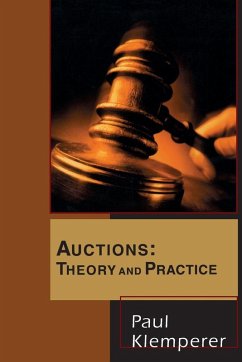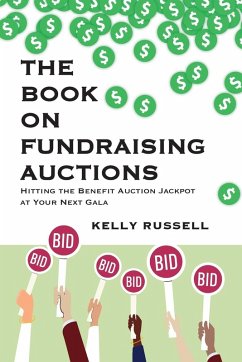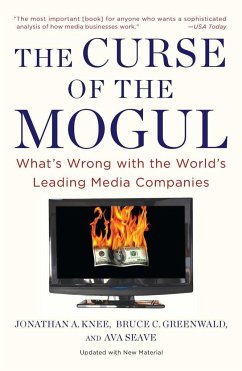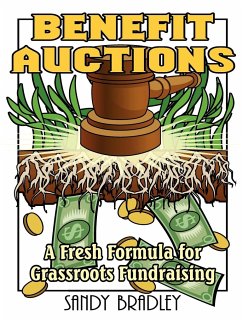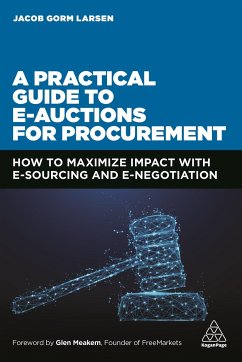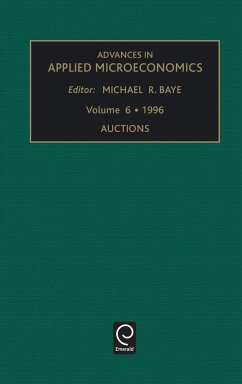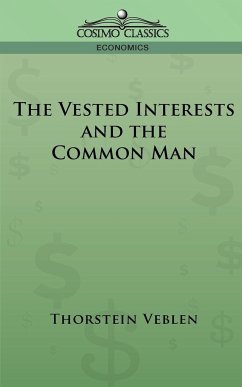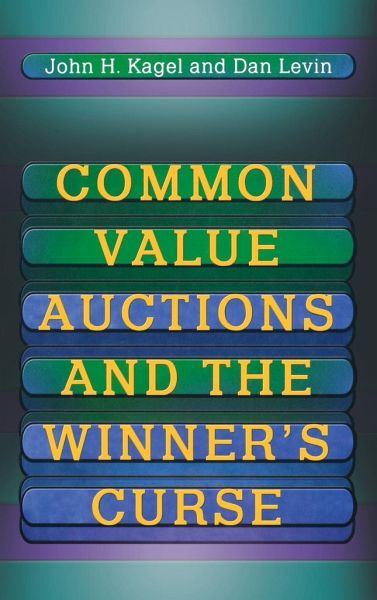
Common Value Auctions and the Winner's Curse
Versandkostenfrei!
Versandfertig in 1-2 Wochen
102,99 €
inkl. MwSt.

PAYBACK Punkte
51 °P sammeln!
An invaluable account of how auctions work-and how to make them work Few forms of market exchange intrigue economists as do auctions, whose theoretical and practical implications are enormous. John Kagel and Dan Levin, complementing their own distinguished research with papers written with other specialists, provide a new focus on common value auctions and the "winner's curse." In such auctions the value of each item is about the same to all bidders, but different bidders have different information about the underlying value. Virtually all auctions have a common value element; among the burgeo...
An invaluable account of how auctions work-and how to make them work Few forms of market exchange intrigue economists as do auctions, whose theoretical and practical implications are enormous. John Kagel and Dan Levin, complementing their own distinguished research with papers written with other specialists, provide a new focus on common value auctions and the "winner's curse." In such auctions the value of each item is about the same to all bidders, but different bidders have different information about the underlying value. Virtually all auctions have a common value element; among the burgeoning modern-day examples are those organized by Internet companies such as eBay. Winners end up cursing when they realize that they won because their estimates were overly optimistic, which led them to bid too much and lose money as a result. The authors first unveil a fresh survey of experimental data on the winner's curse. Melding theory with the econometric analysis of field data, they assess the design of government auctions, such as the spectrum rights (air wave) auctions that continue to be conducted around the world. The remaining chapters gauge the impact on sellers' revenue of the type of auction used and of inside information, show how bidders learn to avoid the winner's curse, and present comparisons of sophisticated bidders with college sophomores, the usual guinea pigs used in laboratory experiments. Appendixes refine theoretical arguments and, in some cases, present entirely new data. This book is an invaluable, impeccably up-to-date resource on how auctions work--and how to make them work.



